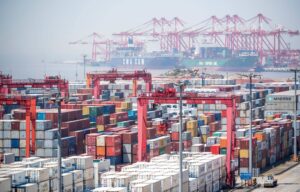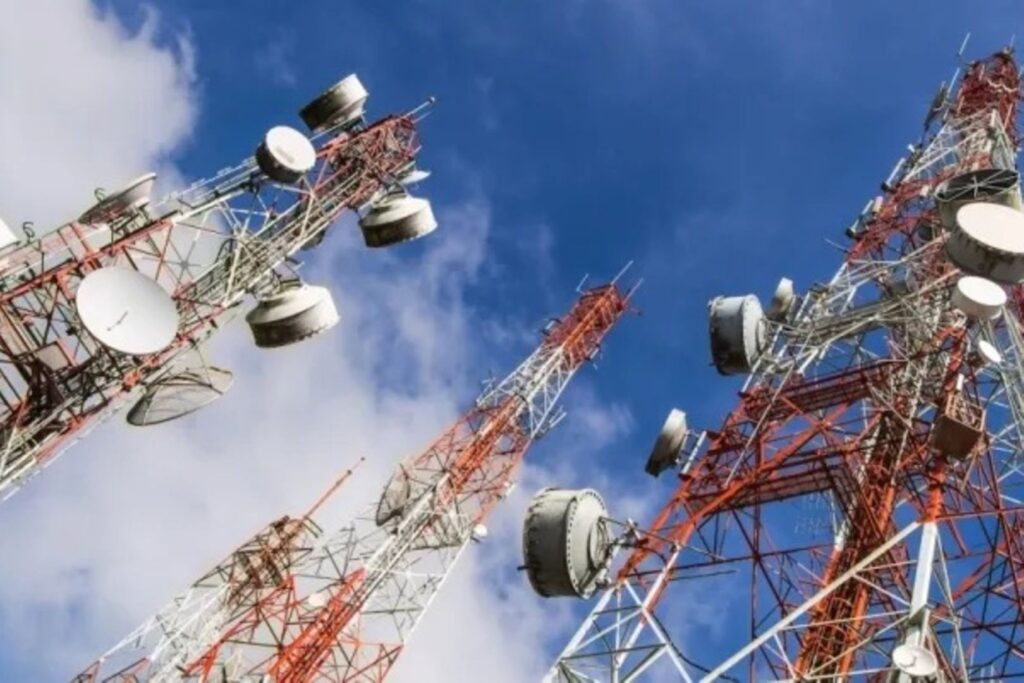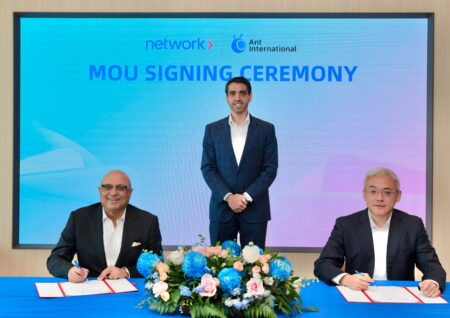- Africa’s evolving telco sector faces challenges such as brand loyalty and infrastructure costs.
- Some of the most recognised brands in Africa are telcos MTN, and Safaricom PLC.
- Africa, and particularly the smaller emerging markets such as Rwanda and Ethiopia are home to a diverse customer base, new report notes.
The African telecommunications market has seen significant consolidation over the past decade, characterised by mergers, acquisitions, and closures such as Telecel’s acquisition of MTN’s operations in Guinea-Bissau and Guinea Conakry; as well as its acquisition of Vodafone Ghana.
According to Robert van Breukelen, CEO of Itemate Solutions, this comes as mobile financial services in Africa have grown with around 435 million (9 per cent YoY rise) active mobile money accounts by the end of 2023.
Breukelen argues that larger, more established telcos are shifting their focus to larger markets, diversifying into mobile financial services such as banking, loans, remittance, insurance, and mobile money. “This creates a golden opportunity for emerging telcos to expand their footprint, and make a real contribution to digital transformation and local GDP in their respective regions,” said Breukelen.
Targeting underserved rural markets
Larger telcos tend to focus on the digitally savvy, corporate and high-end customers in densely populated areas, providing an opportunity for emerging telcos to target lower-end market segments in rural areas, including prepaid customers with feature phones.
In Sub-Saharan Africa, approximately 66 per cent of mobile connections are prepaid, and feature phones account for nearly half of all mobile devices. But emerging telcos face challenges such as brand loyalty and infrastructure costs, according to van Breukelen.
Many of the most recognised brands in Africa are telcos: MTN ranks second and Safaricom/M-PESA ranks 4th in the 2023 Most Admired African brands report. “This underscores the difficulty of entering a market where customer loyalty is strong,” says van Breukelen, adding: “The high costs associated with rolling out 5G networks present a significant barrier as well.”
Government support and regulatory advantages
However, not all is lost and van Breukelen says that increasingly, Government interventions are also playing a crucial role in bolstering emerging telcos.
“Governments might have a stake in the telco or offer preferential pricing and regulatory support to promote digital development and inclusion which can be used to help smaller players grow their market share,” he says.
Africa, and particularly Africa’s smaller emerging markets such as Rwanda and Ethiopia are home to a diverse customer base, ranging from 5G-enabled metros to sparsely populated rural areas.
“Improving internet access in rural areas and expanding mobile use cases that cater to the needs of a diverse population is key,” says van Breukelen, “but this starts with collecting and drawing on rich customer data that will inform the telco where they need to personalise their services to better meet the demand.”
“Emerging telecommunications companies are uniquely positioned to understand and cater to their diverse customer bases. Their agility and customer-centric approach enable them to swiftly adapt to changing market demands and deliver tailored solutions,” says van Breukelen.

Africa’s Evolving Telco Sector
The year 2024 is a transformative year for Africa’s telecommunications sector. The combination of expanding connectivity, increased investments, technological advancements, and supportive regulatory frameworks is propelling the industry forward.
As the sector continues to evolve, it holds the promise of driving economic growth, enhancing digital inclusion, and improving the quality of life for millions across the continent.
Mobile network operators (MNOs) are aggressively rolling out 4G and 5G networks, aiming to bridge the digital divide that has historically plagued rural and underserved areas. Countries like Kenya, Nigeria, and South Africa are at the forefront of this expansion, with substantial investments in network.
Read also: Telco giant MTN reshaping presence in Africa with key exits











